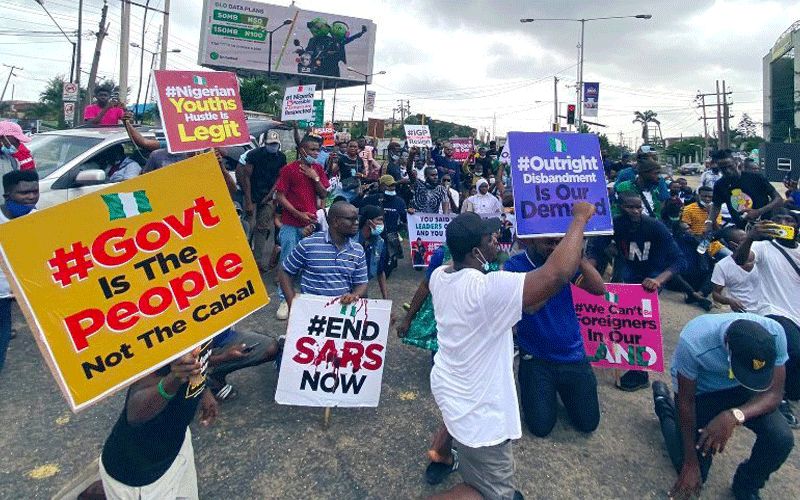Oyo, 16 October, 2020 / 9:04 pm (ACI Africa).
The decision to disband the controversial Special Anti-Robbery Squad (SARS) in Nigeria is “a mere first aid” intervention and does not address the challenges, which citizens of Africa’s most populous nation are experiencing, a Bishop has said in a report shared with ACI Africa Friday, October 16.
The report makes reference to the October 11 announcement by Nigeria’s Inspector-General of Police dissolving SARS across the country “with immediate effect” following days of online outcry under #EndSARSprotest and nationwide demonstrations over claims of atrocities by members of the police unit.
“The scrapping of SARS is at best a scraping of the problem. It is not ‘the solution,’” Bishop Emmanuel Badejo of Nigeria’s Oyo Diocese says, and adds, “You may take it as ‘first aid’ to buy time to sincerely address a much larger problem.”
According to Bishop Badejo, the Muhammadu Buhari-led government should go beyond the dissolution of SARS and look into the institutions, system of governance or federal structures that “gave birth to such a monster.”
Failure to address the root cause of the issue will generate “other such Frankenstein monsters,” the Nigerian Prelate adds making reference to the decision to disband SARS and the nationwide protests that have continued despite the Police force’s dissolution.








